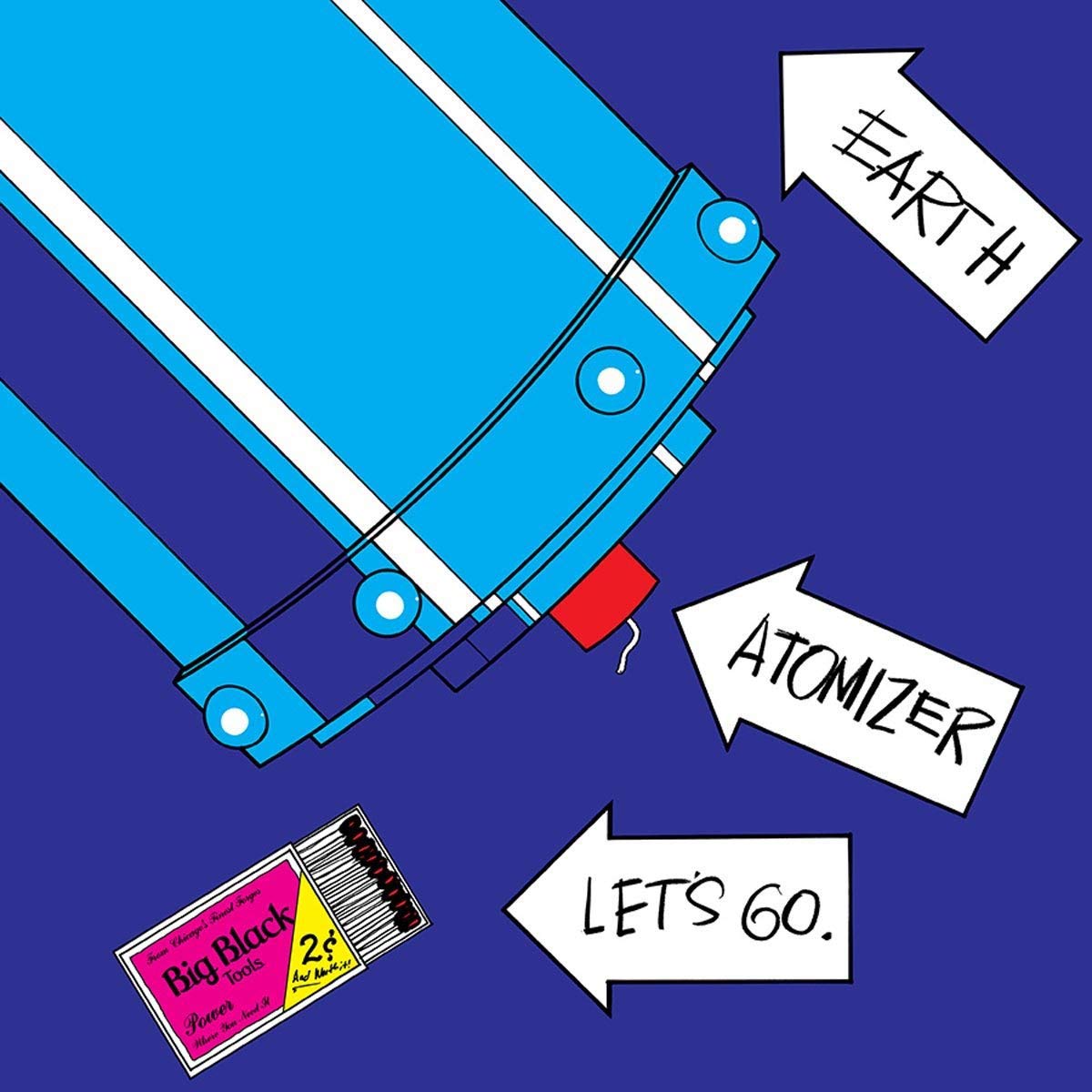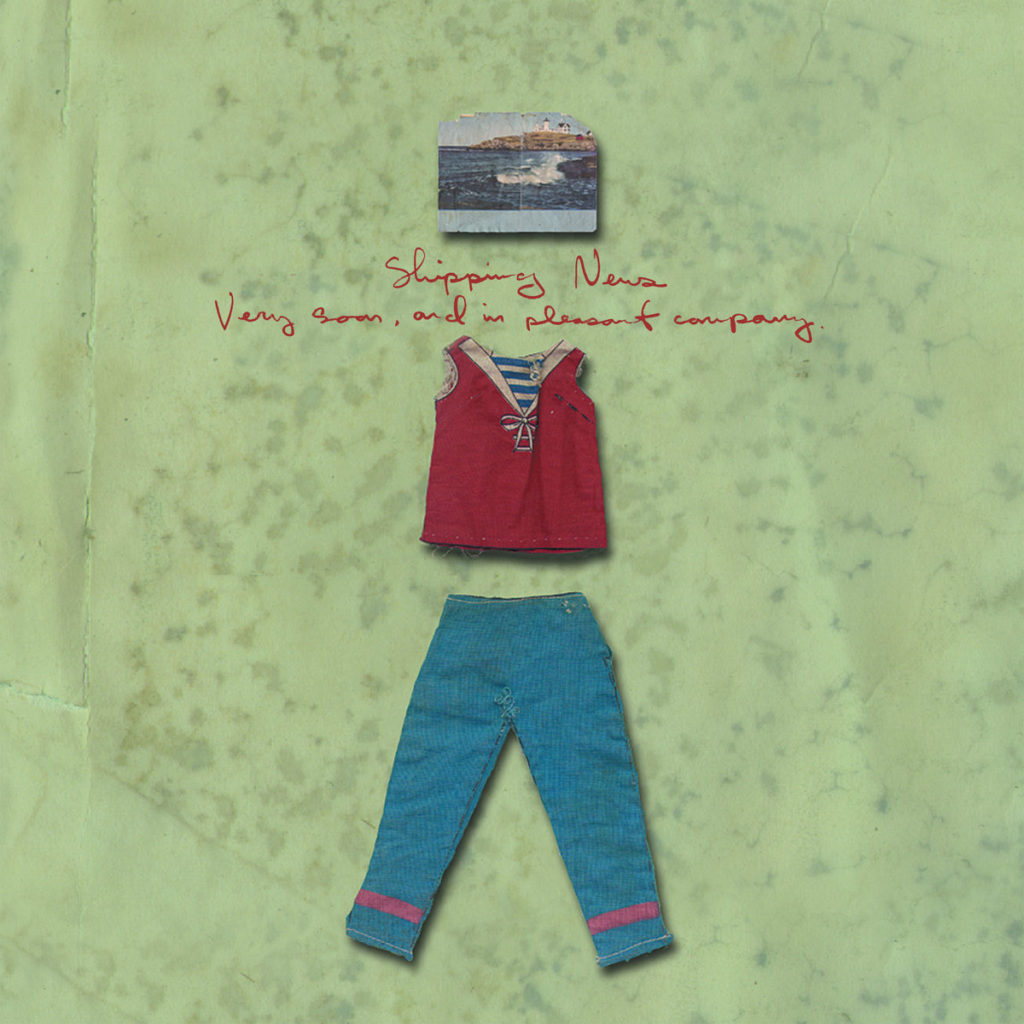The year is 2006. We’re in Chicago. Touch and Go Records is turning 25, just old enough to rent a car. And Big Black, having not played as a unit for some 19 years, takes the stage. Steve Albini could’ve said anything. (In the words of their “He’s a Whore”: “Anything at all, anything at all.”) But, instead of kowtowing to the fanfare or the adrenaline, he eulogized the moment beautifully.
“When history talks about rock music it has a tendency to skip from the Sex Pistols to Nirvana,” Albini told the audience 7,000 strong. “Something started in the 1980s and you’re seeing the evidence of it all around you.”
He proceeded to rip into the Big Black staple “Racer X,” complete with Roland, as ever, on time.
Albini wasn’t being out-sized about the historiography of the moment – Big Black, in its heyday, toppled musical behemoths, enraged the straight-laced and the mealy-mouthed, and cut Columbian neckties with a daring smile. Few bands could be said to have the influence Big Black did on the 1980s punk and indie rock undergrounds – and much of that goes right back to Atomizer.
Released by Homestead Records in the Reagan era “Good morning, America” night-sweats of 1986, Atomizer was Big Black’s full-length debut but also its signature record: equally musically ambitious and abrasive, lyrics mining the dark psyche of the American consciousness, performances sharpened by sex and violence. The band went on to great things with 1987’s Songs About Fucking, but all you need to know about the trio’s greatness is contained on the grooves of Atomizer And, yeah, above all, it fucking rocks.
It has aged remarkably well, considering the vintage and wateriness of many of its peers. The swelling feedback that opens the record – prescience – with the bombastic “Jordan, Minnesota” still menaces, and the firecracker harmonics of “Kerosene” still surge through speakers like so many hyper-pressurized bottle-rockets. (The fact that one side of one LP contains both songs is, itself, legend.)
“Big Money,” with its sweeping verses, and the atmospheric, even sorta-melancholy “Bad Houses” still manage to pull listeners into the deep end, thrashing. And the live take on “Cables” that closes the LP? Untouchable. The second half of the LP doesn’t disappoint, either, with “Fists of Love” and “Bazooka Joe” both hinting at the three-piece’s previous, less volatile EP work while also casting forward the lines of thought and narrative.
There are elements that raise questions and societal red flags, as any project fronted by Steve Albini tends to do. “Passing Complexion” is a wondrous and vicious little soundscape, with lurching anti-funk bass and what sounds like ¾-Roland percussion counterbalancing Santiago Durango’s colorful histrionics on guitar. Lyrically, eh, the concept of someone not being “racial enough” is a loaded one, of course, and there are moments where listeners will need to remind themselves of the period it was cut. (This is not quite the forward-thinking Albini of “My Black Ass,” out nearly a decade after this.) But Albini gets across his points and, accordingly, pisses off some people while he’s at it. He’s not apologizing. Mission accomplished.
It’s easy to forget Atomizer was just 10 songs long. When Touch and Go Records re-released it in 1992, following Homestead Record’s fall from grace, label head Corey Rusk and Albini tagged on additional material and dubbed it The Rich Man’s Eight-Track Tape, a knowing shot at the CD format. To that end, a later generation turned on to Albini by Rapeman or Shellac didn’t even know Atomizer’s name.
But the legend endures. Touch and Go gave the LP the remaster treatment about a decade ago and listeners online were again introduced to that familiar rocket-laced cover: “Earth. Atomizer. Let’s go.” If nothing else, Atomizer can be eulogized as the record that gave the world the best Big Black song: “Kerosene.” An epic at more than six minutes, the song oozes rage and discontent at the American condition, with Albini confronting his Missoula, Montana, demons with aplomb. “Never anything to do in this town, lived here my whole life,” he spits out. “Probably learn to die in this town, lived here my whole life.” The evil and chugging bass line, courtesy of Dave Riley, remains as venomous and leathery as anything Bob Weston’s ever recorded. And Albini is in the zone throughout the song, especially during moments where his tin foil treble guitar cuts through your ears like a knife through butter.
Steve Albini has made a lot of tremendous records, and he’s been at the engineering/production helm for more than a few, too. But did he ever sound as good as he did on Atomizer? Spin “Kerosene” again and I think you’ll find your answer. — Justin Vellucci, Spectrum Culture, March 22, 2022
-30-




